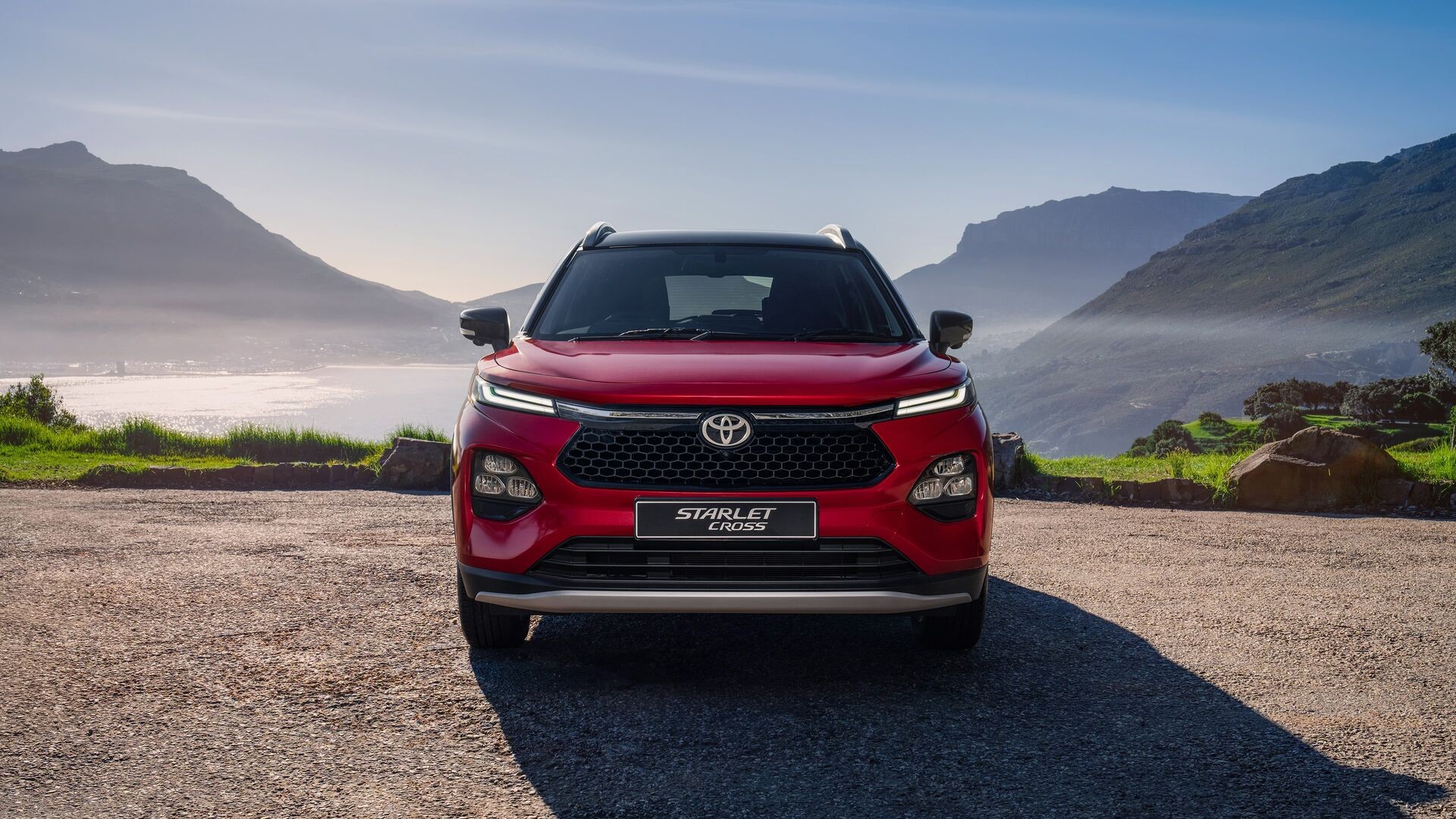7 essential tips for safe driving in Rwanda

From Kigali’s modern roads to the winding tracks of the North, every journey on Rwandan roads brings its share of discoveries. But to fully enjoy the adventure, caution is key. Whether you’re a resident or a visitor, responsible driving ensures not only your safety but also that of other road users. Here are the most useful tips for driving with peace of mind across Rwanda.
1. Know the roads and their conditions
Rwanda’s road network has greatly improved in recent years. Major highways connecting Kigali to Musanze, Huye, and Rubavu are well maintained. However, in rural areas, some roads may be narrow, unpaved, or slippery during the rainy season.
If you plan to drive outside urban areas, opt for a sturdy vehicle like a Toyota Land Cruiser. These cars are better suited for countryside roads. On tracks or muddy paths, reduce your speed and stay alert for pedestrians, cyclists, and animals often found on the road.
2. Follow traffic rules
In Rwanda, traffic regulations are strictly enforced by the police. To avoid penalties and drive safely :
- Always wear your seatbelt.
- Never drive under the influence of alcohol.
- Respect speed limits: between 40 and 60 km/h in cities and up to 100 km/h on highways.
To stay updated on the latest regulations, visit automag.rw, which regularly publishes updates on local driving rules.
3. Drive carefully in urban areas
In Kigali, traffic can become heavy during rush hours. Motorcycle taxis and buses add to the mix of private cars, making driving occasionally stressful.
- Always maintain a safe distance and be alert for sudden stops near markets or bus stops.
- Above all, be patient with motorcyclists, who are numerous in the capital.
Calm and predictable driving reduces the risk of accidents and helps keep traffic flowing smoothly.
4. Be extra vigilant during the rainy season
Rwanda experiences two rainy seasons: from March to May and from September to December. During these periods, roads become slippery and visibility decreases. Before hitting the road, check the condition of your tires and windshield wipers. Turn on your headlights to stay visible and avoid overtaking when visibility is poor.
5. Maintain your vehicle regularly
A well-maintained vehicle adds an extra layer of safety. That’s why regular checks are essential for brakes, lights, oil levels, filters, and tire pressure. For city driving, economical models like the car Toyota or Suzuki are practical and fuel-efficient. Visit koto.rw to learn more about the affordable prices of these vehicles in Rwanda and explore their features.
6. Drive cautiously at night
Night driving in Rwanda requires heightened awareness. Use your low beams without dazzling others. Watch out for pedestrians and cyclists who are often not well-lit, and avoid nighttime travel in isolated areas unless absolutely necessary.
7. Use technology Wisely
GPS apps like Google Maps are helpful, but they don’t always reflect real road conditions. In rural areas, some suggested routes may be impassable. Always have a backup plan and ask locals for directions when needed.
Key takeaway
Road safety in Rwanda rests on three pillars: caution, preparation, and respect for traffic laws. Whether you’re crossing Kigali or exploring the northern routes, drive responsibly and keep your vehicle in good condition.
FAQ
What are common causes of accidents in Rwanda?
Are roadside assistance services available?
Is it easy to rent a car in Rwanda?
Unless authorized by the editorial staff or a pre-established partnership, the reproduction of articles from koto.rw, even partially, is strictly prohibited. Any offender is liable to prosecution.
Get the latest car deals and news in Rwanda
The newsletter is free and you can unsubscribe at any time!

A team of young journalists passionate about the automotive world, dedicated to providing accurate and up-to-date information to help Rwandan consumers make decisions. Our mission is to simplify the search and comparison of new and used cars, highlighting the latest trends and innovations in the automotive sector.
SUBSCRIBE TO THE NEWSLETTER
SUBSCRIBE TO THE NEWSLETTER
See other articles






